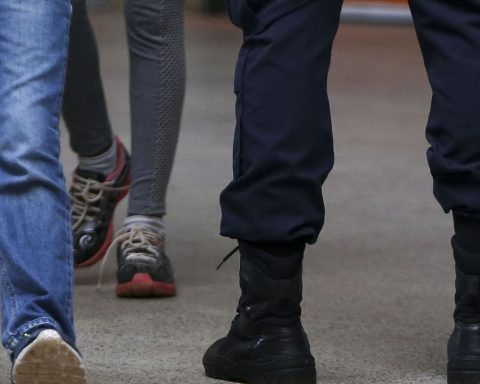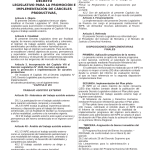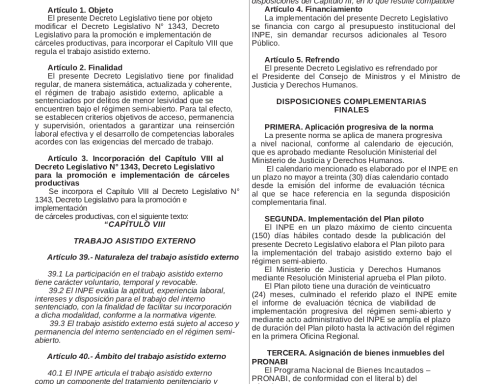The 2024 General Budget of the Union will have a new blockade of around R$5 billion, said this Thursday (21), in Brasília, the Minister of Finance, Fernando Haddad (photo). According to him, the number was passed by the Civil House at the Budget Execution Board (JEO) meeting late this afternoon.
“Perhaps [o bloqueio] be it a little less, a little more than that, but around R$5 billion. It is a block because the revenue is meeting our expectations and the point of view of achieving the target, according to the LDO [Lei de Diretrizes Orçamentárias]”, said the minister upon leaving the Ministry of Finance earlier this evening.
Haddad reiterated that revenue is within forecasts and denied that there is a change in the primary result target of zero deficit with a tolerance margin of up to R$28.75 billion more or less.
“Since the beginning of the year, we have been reaffirming, against all odds, [que] there will be no change in the target of the primary result. We are already in the last month of the year, practically, convinced that we are capable of meeting the target established last year”, added the minister.
This Friday (22), the Ministry of Planning and Budget will release the Bimonthly Revenue and Expense Assessment Report, which guides the execution of the Budget. The last edition of the document had unfrozen R$1.7 billion of the 2024 Budget.
The increase in the revenue estimate made the government reduce the primary deficit estimate in 2024 to R$28.3 billion. The value is R$400 million lower than the minimum limit of the tolerance margin for meeting the target.
Tax framework
However, the current fiscal framework excludes from the target the R$38.6 billion in extraordinary credits to rebuild Rio Grande do Sul and the R$514 million for fighting forest fires announced in Septemberas well as other exceptional expenses. Without spending outside the fiscal framework, the government would end the year with a primary deficit of R$68.8 billion.
Both the contingency and the blockade represent temporary spending cuts. The new fiscal framework, however, established different motivations.
Lockdown occurs when government spending expands beyond the threshold of 70% revenue growth above inflation. Contingency occurs when there is a lack of revenue that compromises the achievement of the primary result target (result of government accounts without interest on public debt).















